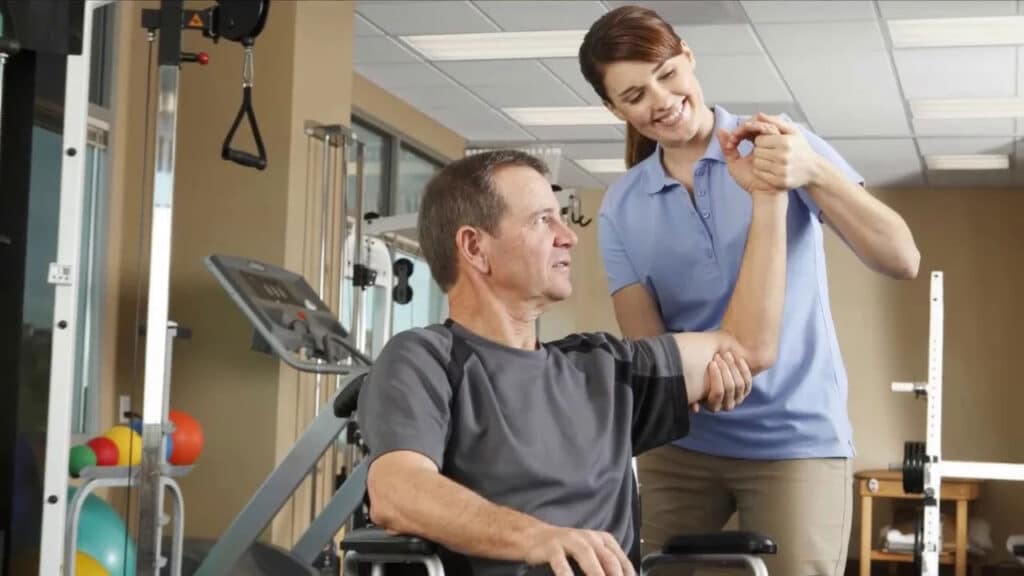I’ve talked before about how recovery can’t just be a physical thing and how you have to think about your mind’s well-being, too. I’ve even talked about some techniques you can use to heal mentally. If it’s something you have trouble with, or if you’re facing a particularly challenging psychological hurdle, there is a whole branch of psychology dedicated to helping.
That branch of psychology is rehabilitation psychology. It’s mostly about assisting those with disabilities or chronic health problems so they can live happier, healthier and more independent lives. It’s been a specialist field for decades, with experts recognizing that people with disabilities may need extra support. It became increasingly important when medical advancements meant that previously fatal illnesses and injuries became things people could survive but could cause ongoing effects for many years.
Being a rehabilitation psychologist means taking a multipronged approach. You need to consider the physical and biological factors affecting your patient, along with the social and environmental influences. That’s on top of their mental state, of course. You need to figure out what’s internal to them and what’s a byproduct of the society we live in, which isn’t always set up to deal with disability.
Conditions that may benefit from an intervention psychologist include major disabilities such as spinal cord injuries (potentially leading to full or partial paralysis) or the loss of a limb. Degenerative and long-term conditions from cancer, multiple sclerosis and traumatic brain injuries to strokes and AIDS can have all sorts of impacts on your life, and a rehabilitation psychologist may be able to mitigate some of that. They also work with people with more general chronic pain.
Of course, rehabilitation psychologists don’t just work directly with patients. They’re also involved in research and education, improving not just people’s understanding of living with disabilities but also societal attitudes. This allows them to identify the biggest barriers to people with disabilities living satisfying lives and to develop practical solutions that can both help them manage their specific situation and can encourage the rest of the world to offer more support to people who need it.
If you’re trying to deal with a more long-term illness or injury that is having an ongoing affect on your performance and may not be able to be cured, a rehabilitation psychologist may be the person to help.




